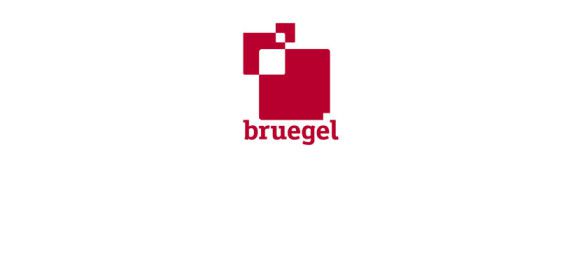Section: Bruegel (Belgium)
Energy across the Mediterranean: a call for realism
THE ISSUE Political instability in the southern Mediterranean countries have highlighted the unsustainability of their economic models. Widespread economic discontent, and in particular very high youth unemployment, underpinned the Arab Spring uprisings. As the refugee crisis shows, this is also Europe’s problem and Euro-Mediterranean...
EU Association Agreement could help Ukraine to reform
On 6 April the Netherlands will hold a referendum on the new EU-Ukraine Association Agreement. In the meantime, full ratification and implementation is on hold. The EU intended that this agreement would be the blueprint for a new kind of partnership with its Eastern neighbours. It entails substantial political cooperation and includes the...
Speech by Miguel Arias Cañete on EU’s climate and energy policies after COP21
Find out more about the event “How will the Paris agreement impact EU climate and energy policies?” Ladies and Gentlemen, I am pleased to be here with you today, speaking at this prestigious institution. Since its opening in 2005, Bruegel has not only become a world reference in economic policy circles; its reports and well-founded economic...
A new way to approach Europe’s gas security, beyond the usual Russian obsession
This op-ed was originally published in Dienas Bizness (Latvia), (Finland), Sina (China). It will be published in Hospodarske Noviny (Slovakia), El Economista (Spain), Le Temps (Switzerland), Diario Economico (Portugal), and Dziennik Gazeta (Poland). European citizens remain vulnerable to another gas crisis, ten years after Russia cut off gas...
Belarus at a crossroads
Since the collapse of the Soviet Union in 1991, Belarus has maintained a largely non-market economic system. This did not prevent rapid growth of its economy over a sustained period up to 2011. However, the period of economic growth in Belarus seems to be over. The factors that underpinned Belarus’s growth, mainly the beneficial external...
Rethinking the security of the European Union’s gas supply
Highlights The security of the European Union’s gas supplies is crucial to ensuring that supplies to households are not disrupted in freezing winters, that industry can flourish and that the EU cannot be blackmailed in vital foreign policy questions. Gas supply security should be addressed at EU level because a joint solution would be...
Helping Ukraine to reform Naftogaz’s gas transmission business
This op-ed was originally published in the Kyiv Post. It will also be published in Vox Ukraine. Naftogaz, the giant publically-owned Ukrainian oil and gas company with 80,000 employees, used to be a synonym for wastage, corruption and opacity. But it looks like it might have turned a corner. Thanks to a new management team, a fourfold increase in...
The harsh reality of Ukraine’s fiscal arithmetic
• Ukraine is struggling with both external aggression and the dramatically poor shape of its economy. The pace of political and institutional change has so far been too slow to prevent the deepening of the fiscal and balance-of-payments crises, while business confidence continues to be undermined. • Unfortunately, the 2015 International Monetary...
Rebalancing the EU-Russia-Ukraine gas relationship
The October 2014 agreement on gas supplies between Russia, Ukraine and the European Union did not resolve the Ukraine-Russia conflict over gas. The differences between parties in terms of objectives, growing mistrust and legacy issues make it unlikely that a long-term stable arrangement will be achieved without further escalation. Without EU...
The cost of escalating sanctions on Russia over Ukraine and Crimea
The United States and the European Union responded to Sunday’s Crimea referendum – which overwhelmingly backed union with Russia – by imposing sanctions on Russia. So far, 21 Russian and Ukrainian officials, allegedly responsible for the sovereignty transgressions, have been slapped with asset freezes and travel bans. EU leaders will meet...



